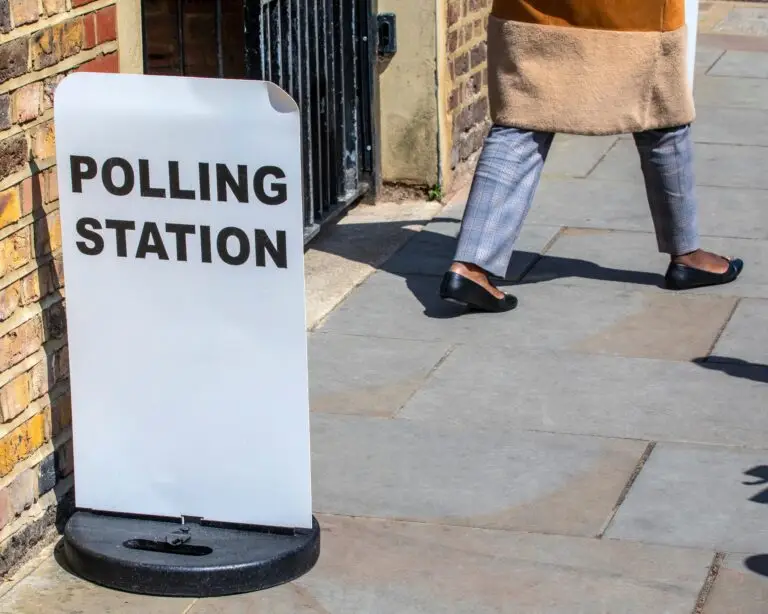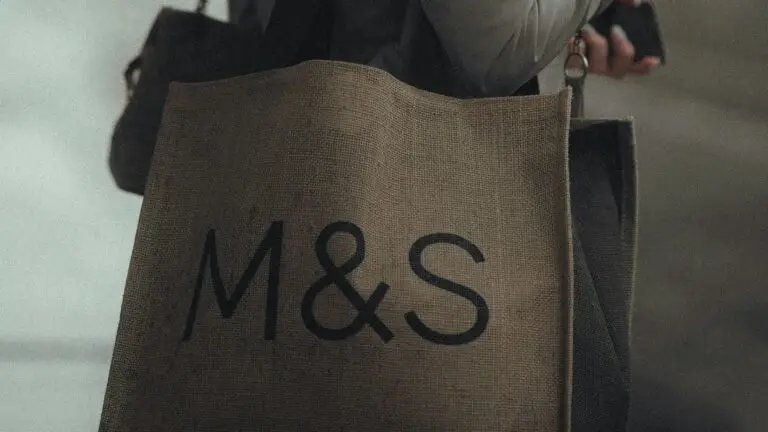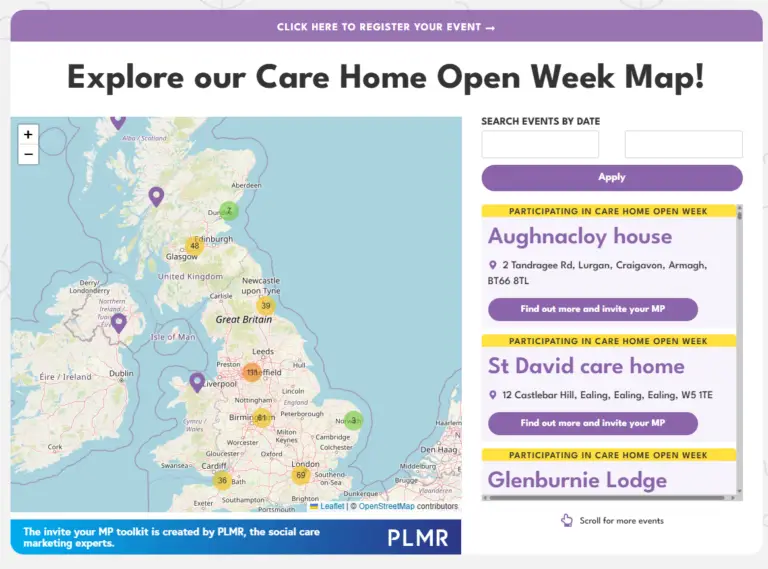Next Thursday, voters across England and Wales will head to the polls in what is expected to be the final test of public opinion before Rishi Sunak faces Keir Starmer later this year. Elections will take place across 107 local council authorities, 39 Police and Crime Commissioners, 10 Metro Mayoralties and the London Assembly, as well as in Blackpool South to replace disgraced MP Scott Benton. Many of these council seats were last contested in 2021, which saw the Conservatives dominate over Labour amid a Covid-19 ‘vaccine bounce’.
Race for mayoralties
While Sunak looks set to face a drubbing of sorts, the scale of defeat could yet be decisive in determining the direction of the party in the build-up to the forthcoming general election. All eyes will be on the mayoral races, in particular, where two prominent Conservative incumbents are fighting for re-election in key battlegrounds. Both Ben Houchen in Tees Valley and Andy Street in the West Midlands will be seeking an unprecedented third term in office in what is considered a litmus test for Conservative success at the national ballot box.
In the West Midlands, the yawning chasm between Street’s personal ratings and national party polling is particularly striking. The high-profile former managing director of John Lewis has sought to emphasise his personal record and delivery on homes, jobs, industry, and the environment, while warning Westminster colleagues against “philosophy and posturing”. Street’s minimizing of his party loyalty is clear too: shades of green replace traditional Conservative blue on his website, while mentions of the party are scarce on campaign literature. Defeat, therefore, would signal a Tory brand bruised to such an extent that even well liked and nonconformist candidates like Street are at risk of being beaten. While if Street does win, strategists say that it will be in spite of Sunak and his Conservative leadership, not because of it.
For its own part, victory for Labour in the West Midlands would be significant. With the exception of Birmingham, this is a so-called ‘Red Wall’ region that has seen large swings away from Labour to the Conservatives in recent years. But with the party facing its own unique set of challenges locally, the election of its candidate, Richard Parker, is by no means a foregone conclusion: continuing woes at bankrupted Labour-led Birmingham City Council and discontent over the party’s handling of the Israel-Gaza war among Muslim voters (of which the city has a considerable number) may well tip the scales in favour of the incumbent.
Elsewhere, Labour will be seeking to make gains in the newly devolved North East, York & North Yorkshire, and the East Midlands, while fighting to hold its five existing mayoralties up for grabs. Though victory for the party’s northern Mayors (Andy Burnham, Steve Rotherham, Oliver Coppard and Tracy Brabin) appears to be a foregone conclusion, polling in London indicates a much closer race between incumbent Sadiq Khan and Conservative Susan Hall.
Key council battlegrounds
Some 2,700 council seats are up for election too. Conservative peer and strategist, Robert Hayward, has suggested that the party could lose upwards of 400 of the 900-odd seats it is defending, with Labour expected to gain between 200 and 250 councillors. These elections, in particular, will be an important test of whether Starmer can convert high approval ratings into tangible election gains, with keen observers noting that incoming administrations at previous Westminster power transitions – namely, 1979, 1997 and 2010 – made serious headway at preceding local elections.
Councils to watch include Dorset and Gloucester, where the Liberal Democrats and Greens will be hoping to make gains at the expense of Conservative incumbents which, if successful, could set the scene for victory across the South West for Ed Davey. Meanwhile in Plymouth, Reform – which is fielding 13 candidates – will hope to win over Labour and Conservative voters in a city council where power has traditionally swung between the two largest parties. Finally, the extent to which the Israel-Gaza conflict is impacting Labour support may become clear too, particularly in Blackburn with Darwen, Burnley, Kirklees, and Walsall.
What happens next?
With the Conservatives currently staring down the barrel of humiliating defeat at the general election, Sunak will cling on to any semblance of victory on Friday morning. Holding on to its flagship mayoralties, in particular, will insulate the Prime Minister from dire council results and could be politically important in the short-term, preventing his rivals from launching a leadership contest that may force an early election. A win for Street could also challenge the populist election platform espoused by many backbench Conservative MPs. But if results are worse than feared, we could expect to see Sunak call an earlier election – perhaps as soon as Monday – as rebels reportedly plot to oust him and implement a 100-day ‘policy blitz’ in last ditch efforts to minimise losses at the general election.
For its own part, a less than outstanding Labour performance across councils and mayoralties will challenge whether the party can really translate polling into results. But significant gains will fuel the confidence of the party and its activists ahead of the general election, putting Starmer in poll position in the race to No. 10.





